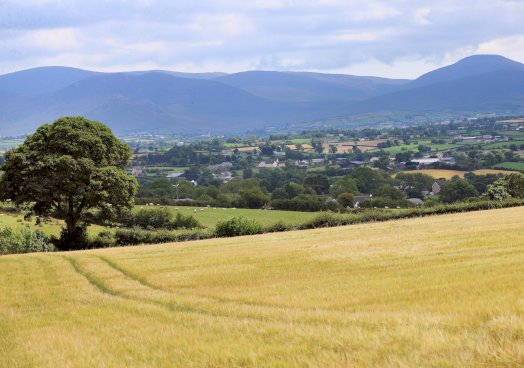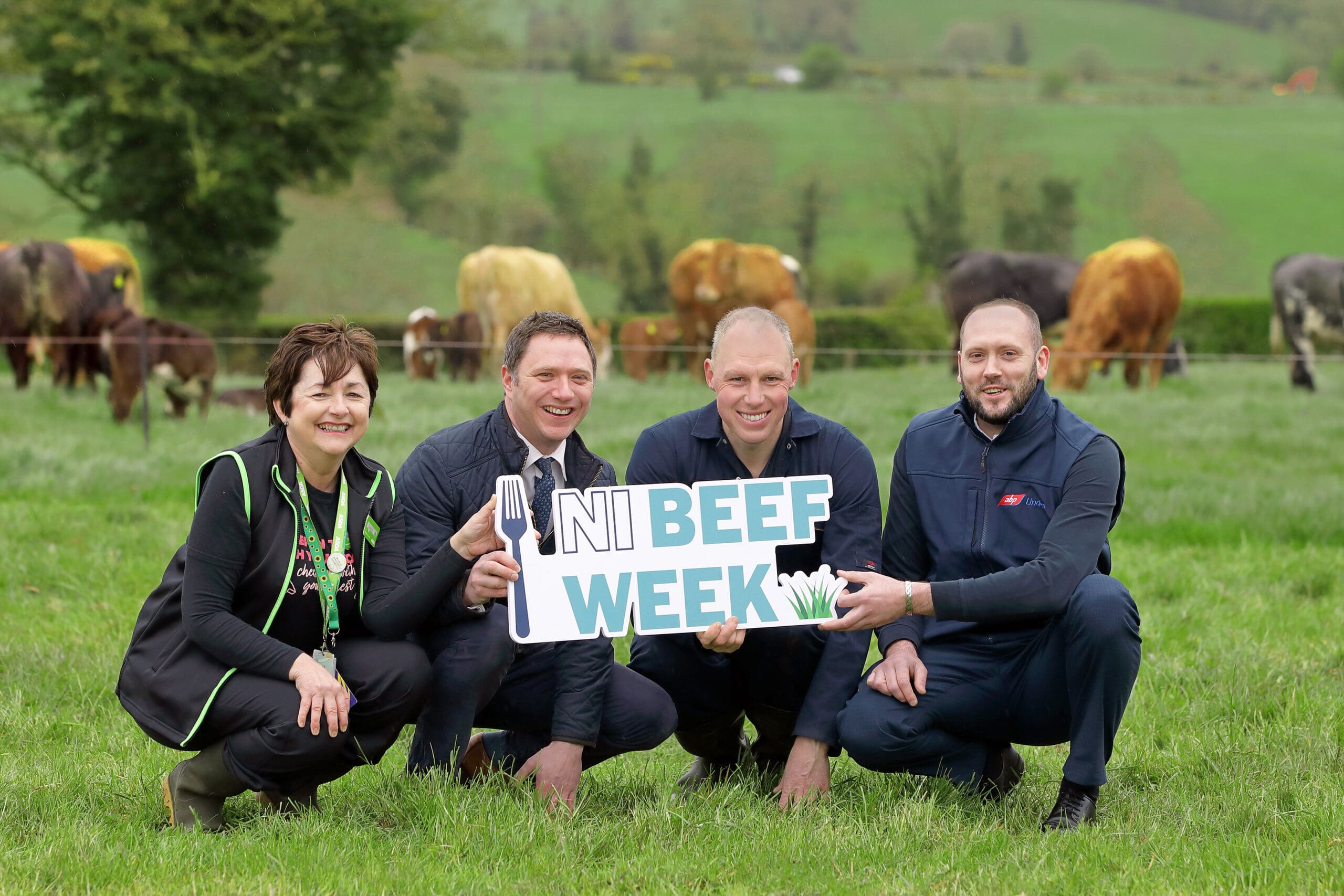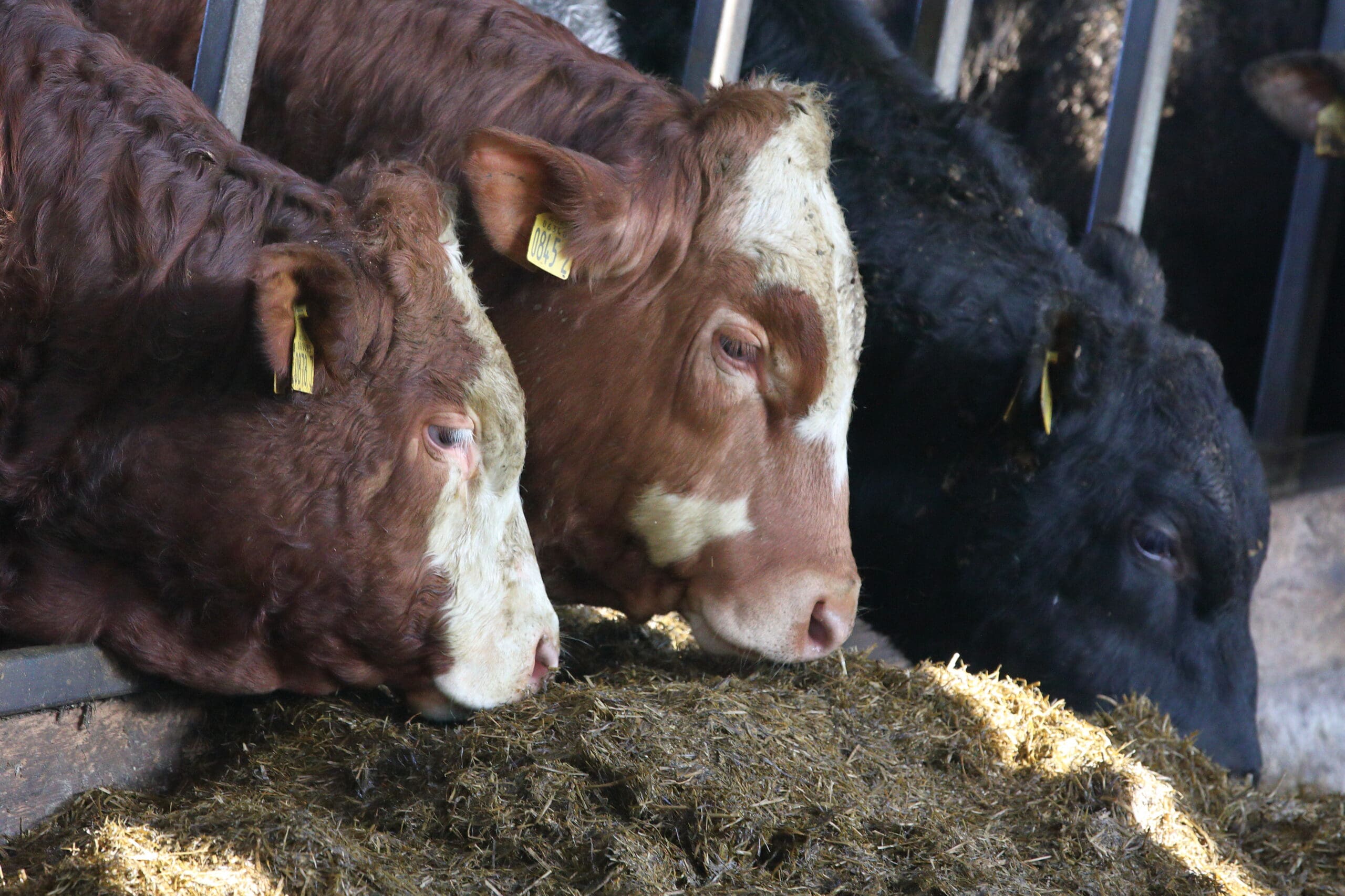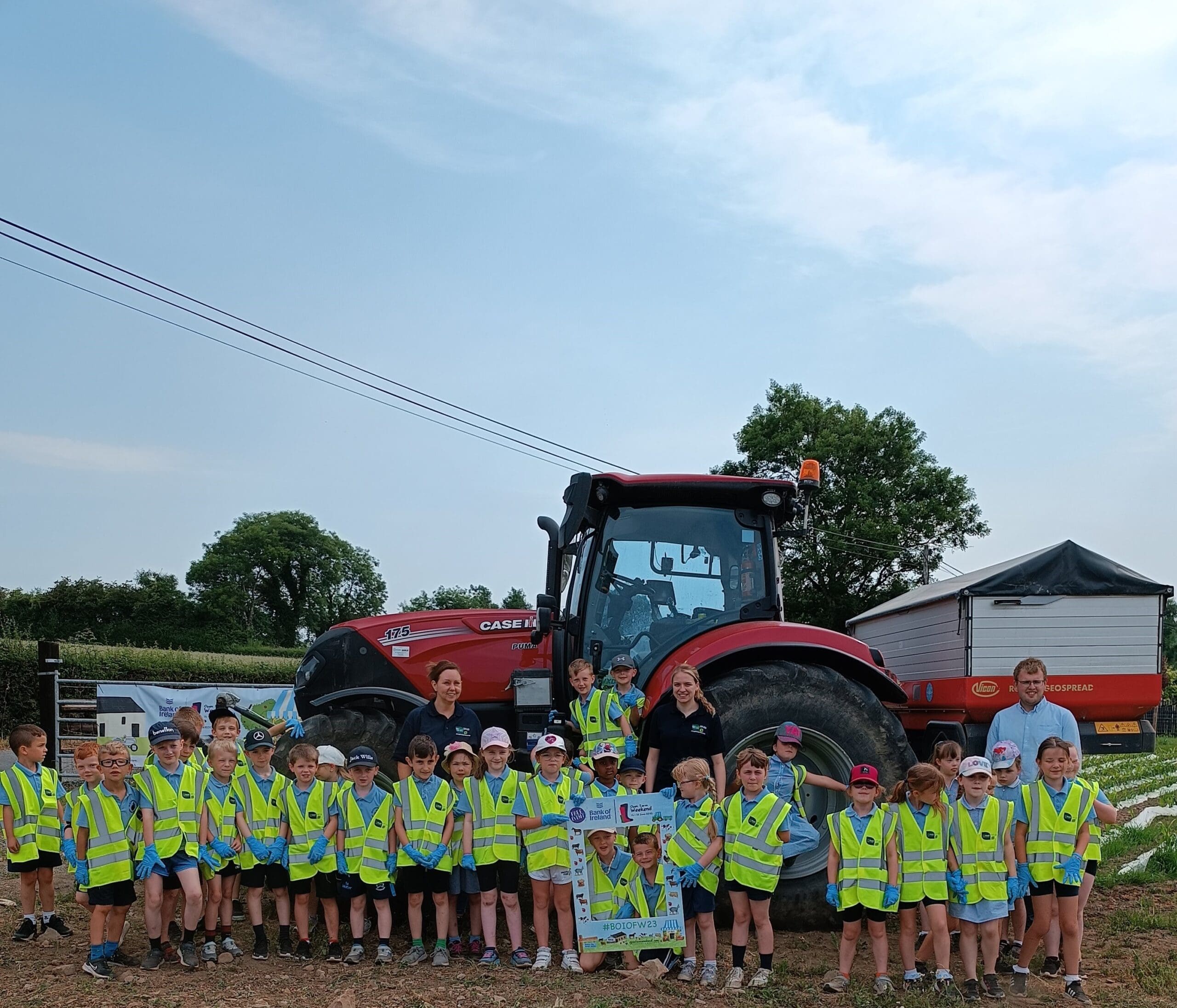
Parliamentary update
The Ulster Farmers’ Union (UFU) represents over 11,500 farming families in Northern Ireland (NI) from a range of farm business from livestock to cereals. Throughout our lobbying from the beginning of the Brexit process and from the introduction of the NI Protocol, the range of farm businesses we represent has been our first thought, a one size fits all approach clearly is not a solution, hence the protocol provides benefits for some businesses – for others it causes difficulties.
NI Protocol positives and negatives for the NI agri-food industry (Fig. 1.)

UFU NI Protocol position:
- While the Protocol has facilitated continued NI/EU trade, significant problems and challenges to NI agriculture exist, which is why for 18 months we have raised those difficulties and sought negotiation between U.K. and EU, whilst promoting what has been solved.
- In particular, we support a GB-NI-UK-EU SPS/Veterinary Agreement, this will address not all but many of our concerns both now and into the future.
- We are against a democratic deficit existing in NI. Ever increasing EU rules apply to NI only within the UK, with no representation in Brussels, hence the need for UFU to represent agriculture with those who will listen in Brussels.
Westminster:
Meetings – We regularly meet NI MPs, DEFRA and NI Secretary of State, NI Office Ministers and officials, Labour and Conservative MPs.
Dual regulation – The NI Protocol Bill currently going through Parliament is based on the principle of dual regulation. In theory it addresses some of our concerns but although benefits are evident for finished goods consumed in NI which in turn helps retailers and consumers, even if a part of our produce or product ends up in the EU market, it means we must produce to EU standards. Point 7 (2) of the bill explains, ‘it is for the person complying to choose which regulatory route or routes are to be complied with’. For Agri food that sells parts of products to the EU market that means by default the whole product or produce must be produced to EU standards, removing choice.
House of Lords (HOL) – In the autumn the bill will proceed to the HOL. The UFU will seek to influence potential amendments and mitigate any issues. The role of NI representatives in the HOL will be important and we hope to have their full support.
Outlook – The UFU outlook remains with a glass half full approach as the bill is seen as a skeleton bill, with many hurdles to overcome and the possibility of major alterations before becoming law and with much of the detail yet to be decided such as the actual powers UK Ministers will have.
Stormont:
Meetings – UFU have met with all political parties, independents and the DAERA Minister at Stormont on numerous occasions. Explaining the pros and cons of the protocol.
Dublin:
Meetings – The President and CEO have met with the Irish Taoiseach and Foreign Affairs Minister as well as their officials on several occasions recently and have raised these issues.
Brussels:
Meetings – The UFU go to Brussels once a month and interact with a range people in conjunction with the British Agriculture Bureau (BAB). We have met with most ROI MEPs and their staff highlighting our concerns and providing solutions. In the autumn we plan to meet with MEPs from across France and Germany etc.
UFU meet regularly with the NI Executive Office in Brussels. We have also had ongoing contact with the UK-EU Ambassador and the UK negotiating team.
The UFU is a ‘privileged member’ of Copa-Cogeca (the umbrella body that represents farmers across the EU) and has also developed close links with in particular the IFA.
Going forward:
The UFU will continue to engage will all political parties across these islands and in Brussels. Whilst respecting their electoral mandates we will highlight the facts, figures, and our interpretation of what is on offer and what it will mean for the industry as a whole.
The NI Protocol has provided many practical benefits for the NI agri-food industry but the difficulties and challenges which it has also created must also be addressed.




